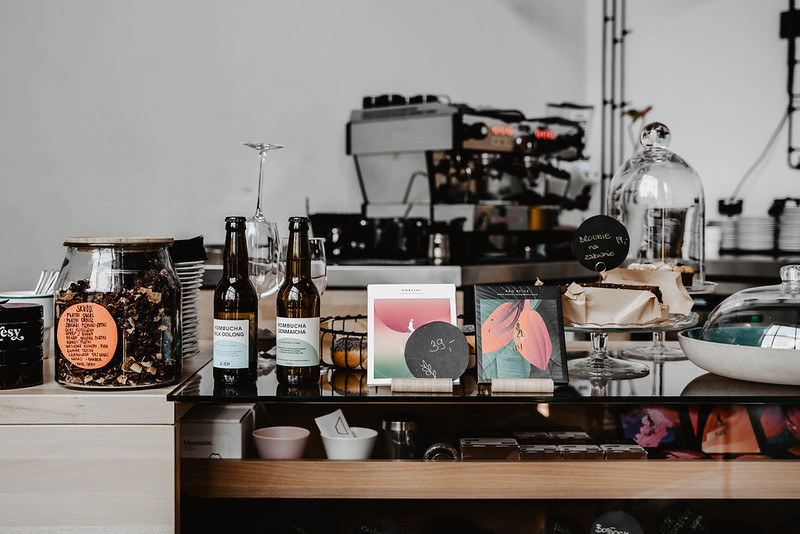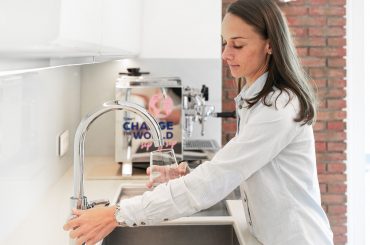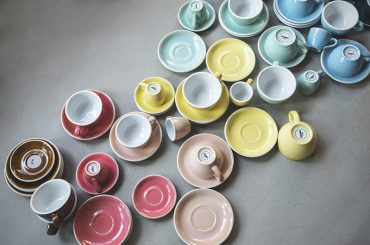You’re following your dream: you quit your job, write down ideas, collect the cash, find the perfect spot and open up a café. Sounds like a dream, but if you don’t want it to turn into a nightmare, you need to pick up the slack and get a few misconceptions out of your head:
- Above all, it needs to be pretty.
Aesthetics and design are very important, but the most important is for the beautiful space to be functional. Let’s start with the heart of every café, that is the coffee bar. If you’ve been in the café business long enough, you know what the coffee bar should be like to make the baristas’ work both spectacular and effective. Setting of the counters, the material they’re made of, the order of equipment, the fridges, the glass display case, even the space for a proper number of waste bins: it all matters. In a poorly designed space the baristas will be bumping into one another, the mess will be piling up and everything you do will be taking more time, which will keep guest waiting longer for their orders. If you’re unexperienced, you should turn to a professional for help. An interior designer is not enough, you’ll need to consult someone experienced in creating café spaces.
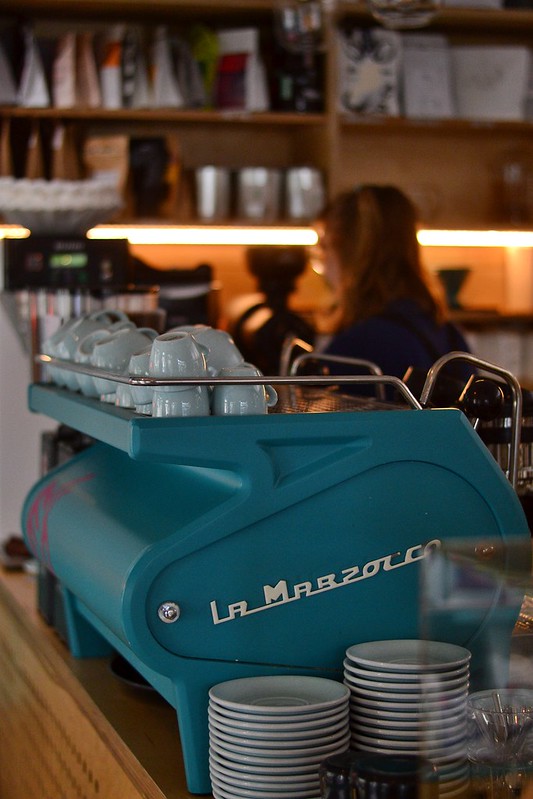
Another thing is the eating area. The more seats, the more potential customers, which is all you need. It’s worth planning for a couple of comfortable seats with power access for the customers who stay longer, as well as a few for those who are stopping for a quick . Bigger turnout means bigger profit, and comfortable seating areas will attract people to choose your café more frequently. You should also take care of expanding the seasonal outdoor seating section for the summer (you need to file for the permit as soon as possible because the processing time of the documents at the office is long).

- All you need is expensive equipment, the rest will take care of itself.
Quoting the classic: ‘the coffee won’t make itself’. You may have the most expensive equipment and the coffee you serve can still be average or even undrinkable. A good espresso machine is crucial because it actually is the most important device in your café, but, like any device, it needs to be operated by professional hands. If you’re not up to speed with the novelties and don’t know which coffee machine or grinder will work best in your business, Coffeedesk comes to the rescue. Our attentive sales reps will help you choose a real gem among many available devices, which will conjure up delicious brews with the hands of a skilled barista. ‘More expensive’ doesn’t necessarily mean ‘better’. Choosing a coffee machine and a grinder is a bit like choosing a car: you need to adjust the model, type and appearance to the owner. It all depends on the type of a café that you want to run. However, without trained staff that gets the TDS and other PMMs it will be tough to squeeze good coffee out of pricey equipment. You should train your staff well before the opening and regularly repeat the training. Remember – you have only one shot at good first impression.
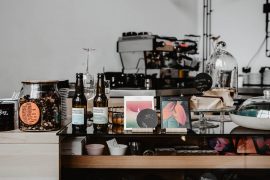
- We’ll wipe out the competition as soon as we open.
First of all, you don’t ‘wipe out’ the competition, you compete with them, which is the best stimulus for self-improvement. The presence of other cafés in your area makes you work harder, you need to bring in novelties, perfect your products, constantly raise quality and the result is all positive. Before you open the café, you need to see what is served in other places and at what prices, what is the taste of your potential customers and the expectations of your future guests. Cafés located outside the city centre often operate locally, so it’s worth learning the habits and demands of the residents to know how to fully satisfy them.
Overconfidence before opening a new spot on the Polish coffee map is a risky act. In this industry, in the current economic situation you can be sure of nothing. Focus on doing things right: top-notch hospitality and repeatable, tasty coffee will hold up. Also, remember that it is rare for the cafés to be remarkably successful right away, and a spectacular first month of operation is no rule. You need to work up for reputation and popularity, so you need to assume that the first months or even years will bring you smaller profits.
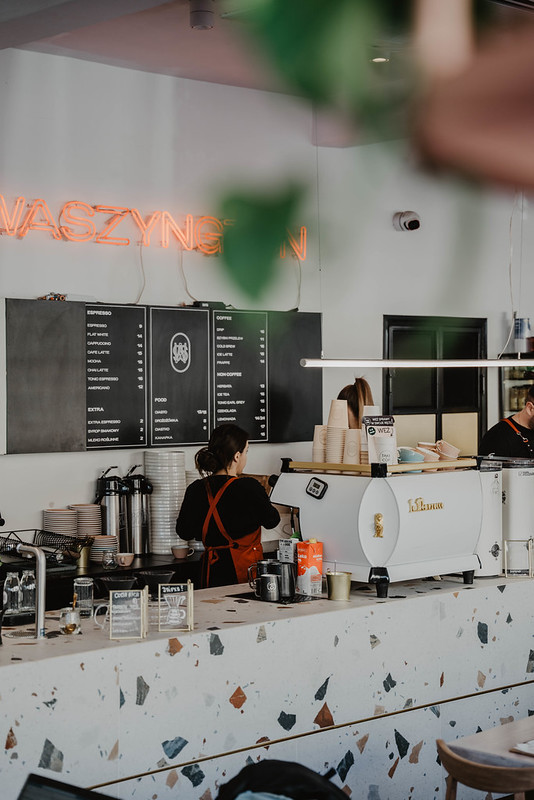
- Why plan ahead? I’ll go with the flow!
This can be the biggest sin of the rookies. Without control over food cost, stocks and losses you can have decent takings and a zero income. Before the opening you should thoroughly study every position on your potential menu, consult the price with other cafés in your neighbourhood and adjust it to production costs. It is extremely important because uncontrolled food cost can cause material loss that is imperceptible at the beginning but painfully visible at the end of the month. You also need to be very cautious when you plan restocking. It’s good to know people in the industry – roasters, the suppliers of milk, plant-based milk, sweet and savoury pastries, etc. that will be able to offer you favourable price for their products, thus optimizing supply costs already at the start. It’s also crucial to order products rationally: if you order too much, the products will lie on the shelf and lose quality, if you order too little you’ll have to buy something more expensive or worse-quality instead. You should also pay attention to the so-called ‘losses’. They happen every time, but it’s on you how big they are. Coffee used for setting up the recipe, unused products or broken glass and cups – it all needs to be predicted and included in the budget. When it comes to creating menu you need to think through the use of products, so that everything is used to 100 per cent. Be ‘less waste’ – don’t introduce only one item on the menu with a given ingredient because there’s a high chance (especially at the beginning) that a large part of this product will end up in a bin.
There’s one major question you need to answer before opening a café: what’s your monthly financial goal? To calculate it, you need to take into account the number of seats, the number of people walking past the café during the day, the estimated sales of particular product categories, the number of hours and days of operation per month. To do this, you need to carefully look into these factors in other cafés. Approach it with humility. Next, calculate your fixed and variable costs (rent for the venue, exploitation cost, employee maintenance cost, restocking, taxes, VAT, social insurance costs and other pleasant stuff). Drafting such a basic business plan will save you many mistakes, or even bankruptcy and show the direction, so it’s worth being diligent and reasonable about that.
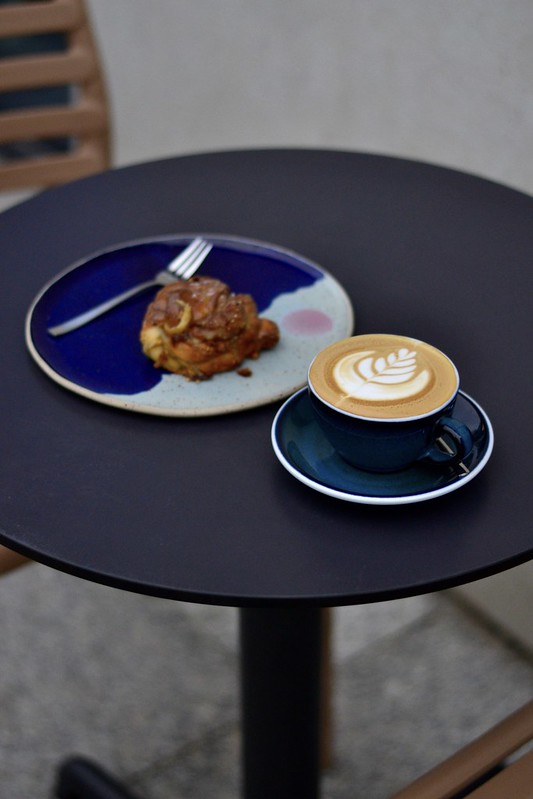
- Marketing? Who needs marketing?
Nowadays, marketing is an absolute foundation for anything. We’re no longer in the golden 90s when it was enough to set up a company and play a commercial song on the radio to make a fortune. Now you sell with photos, stories and, most of all, followers. Yes, social media and a well-positioned Google profile are Marketing 101 today. It’s best to start your promotional campaign already before the opening. Gain followers, promote, post and publish a lot of stories. If that’s not your jam, hire professionals. If you want something really badly, if you burst with positive and honest energy, people will feel that and reciprocate. Once you’ve opened your café, don’t slow down: always answer the messages, repost stories and posts, post reels and follow all the news. It’s not about posting cafés and cakes from your menu but about more casual lifestyle content – people and dogs are more clickable than products.
Apart from actively running your Facebook, Instagram and TikTok accounts, an important promotional component is creating a consistent visual identity of your business. A catchy logo, internal and external signboard of the place or the design of the menu – they all create a visual identity of the brand, which makes your promotional activities possible.
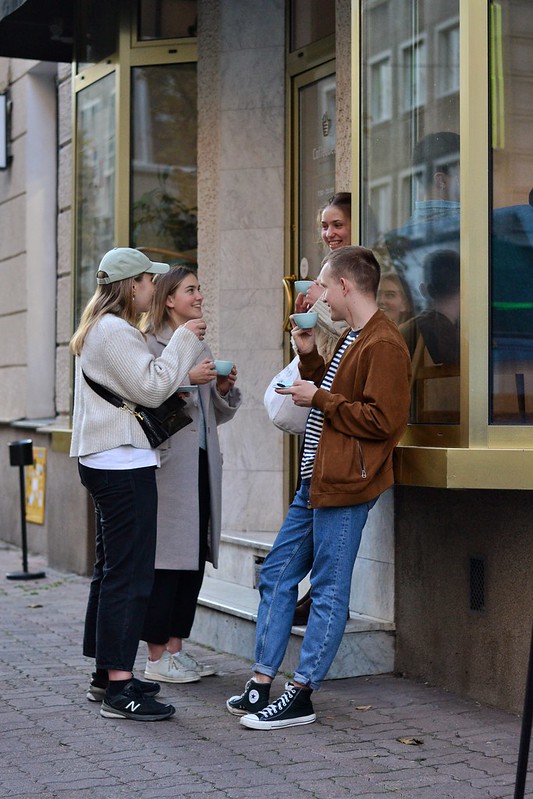
- I know nothing about it, I got people on this.
Almost all foodservice businesses that have developed impressively have been a passion project of their owners. I’m not saying this is the only way to do it, but it’s definitely more effective. With knowledge and experience it will be much easier for you to have a grip on quality, track and correct mistakes, build rapport with your customers and suppliers and manage your business. If you know nothing about coffee but owning a café is still your dream, there’s only one solution – trust the people, hire trained staff and take part in trainings, perfecting your barista skills. Remember that your presence and involvement in the operations of the place and your positive attitude is what motivates your employees and strengthens the bonds with your guests, who will come back to you more eagerly and will recommend your café to their friends.
- Serving cheaper coffee will bring me more money.
Erroneous and short-sighted thesis. Cheap coffee will not bring your customers back. You might earn more at the beginning but it may not happen again. Cheap coffee is basically of lower quality and, consequently, it tastes worse. Specialty coffee is top beans, rich in flavour and aroma and, as every high-quality product, it is pricey. But, if you want positive opinions about the coffee you serve and want your customers to visit your café again and again, you need to focus on high quality. There are many roasters on the Polish market that offer specialty beans, you’ll definitely find something that suits you. If this topic is news to you, our team at Coffeedesk will happily give you some explanation and advice on the beans.
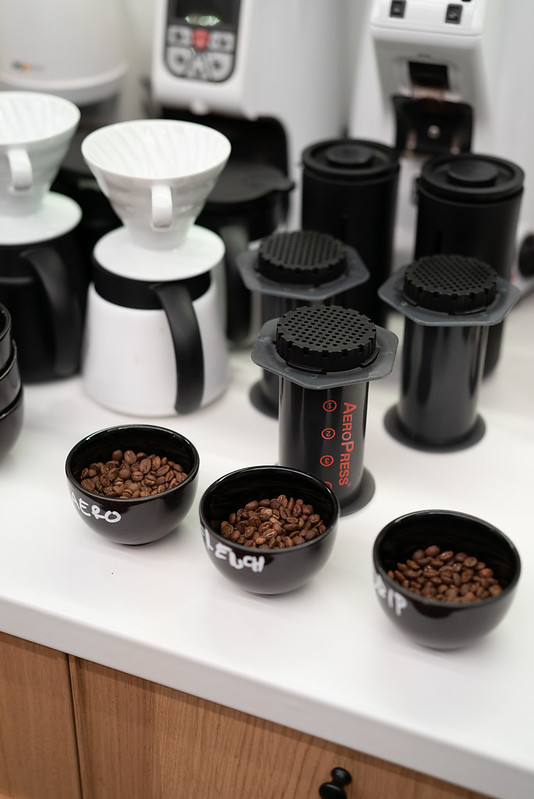
The thing about mistakes is that you can always fix them, although it’s definitely best to learn from other people’s mistakes. Running a café is a rollercoaster, you are constantly getting into some new loops and corkscrews, but the satisfaction is incomparable with anything. Every satisfied customer brings joy and a positive kick, an adrenaline rush. Go after your dreams, there’s no time to lose!

